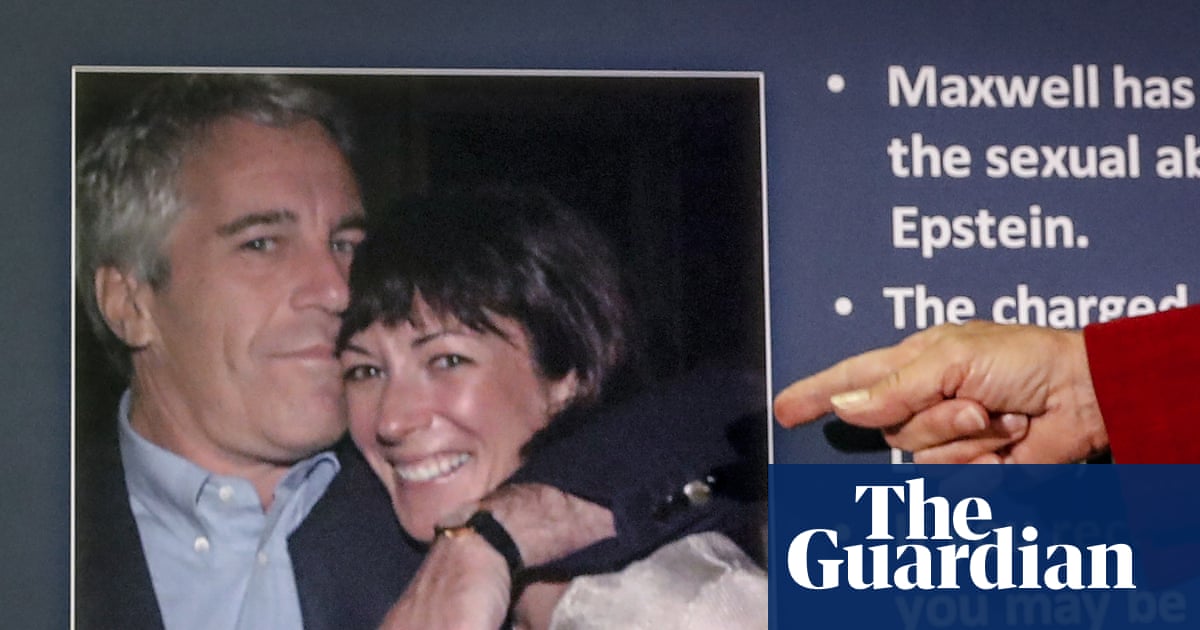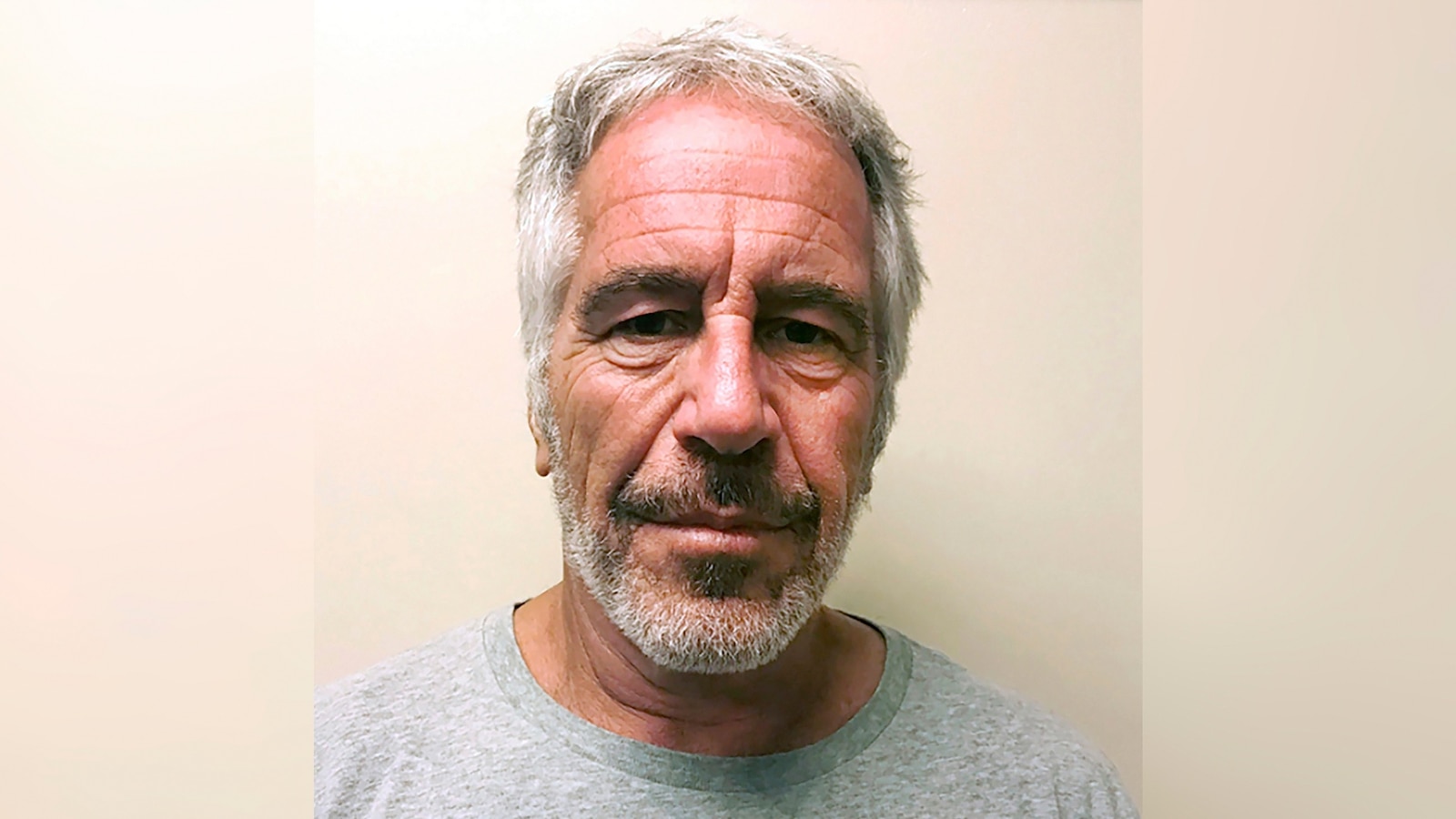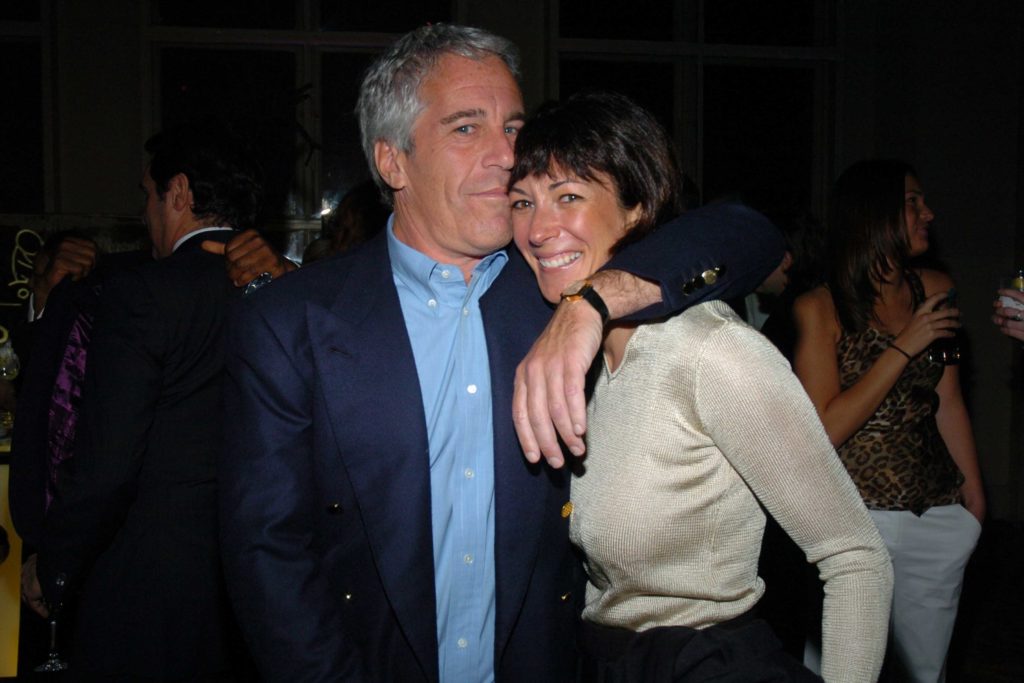Justice Department Renews Push to Unseal Jeffrey Epstein and Ghislaine Maxwell Grand Jury Transcripts
The Justice Department is again seeking to unseal grand jury transcripts from Jeffrey Epstein and Ghislaine Maxwell's sex trafficking cases in New York, citing new Congressional action.
Overview
- The Justice Department is actively pursuing the unsealing of grand jury transcripts from the sex trafficking cases involving Jeffrey Epstein and Ghislaine Maxwell in New York.
- U.S. Attorney Jay Clayton has signed motions requesting judges to approve the release of these grand jury materials, with necessary redactions to protect ongoing investigations.
- Previous requests by the DOJ to release Epstein-related grand jury transcripts were rejected by Judge Richard Berman, citing the long-standing precedent of grand jury secrecy.
- The DOJ's renewed request now cites recent Congressional action, which they believe overrides existing law regarding grand jury secrecy, as justification for unsealing the documents.
- Concerns remain about potential threats to victims' safety and privacy if the documents are fully unsealed, despite the public interest in the approximately 70 pages of transcripts.
Report issue

Read both sides in 5 minutes each day
Analysis
Center-leaning sources cover the Justice Department's renewed bid to unseal Epstein/Maxwell grand jury materials neutrally. They present the DOJ's actions under the new transparency act alongside judges' prior reasons for sealing, including concerns about the material's limited scope and potential for an "illusion" of transparency. The reporting focuses on factual developments and legal arguments.
Articles (5)
Center (2)
FAQ
The Epstein Files Transparency Act is a new law passed by Congress and signed by President Donald Trump that requires the government to open its files on Jeffrey Epstein and Ghislaine Maxwell. This law is being cited by the Justice Department as justification for unsealing grand jury transcripts, overriding previous legal barriers related to grand jury secrecy.
Previous requests were denied by Judge Richard Berman, who cited the long-standing precedent of grand jury secrecy and stated that the information in the transcripts was minimal compared to what was already publicly available, and did not justify breaking that precedent.
The grand jury transcripts in Epstein’s case amount to about 70 pages, along with a PowerPoint slideshow and call log. The only witness was an FBI agent who had no direct knowledge of the facts of the case. The transcripts do not identify anyone other than Epstein and Maxwell as having had sexual contact with minors, nor do they reveal new methods or clients involved in the crimes.
Concerns include potential threats to the safety and privacy of victims if the documents are fully unsealed, despite the public interest in transparency. Judges have also noted that the material may not reveal much new information and could mislead the public.
U.S. Attorney Jay Clayton is the federal prosecutor who signed the motions requesting the unsealing of the grand jury transcripts, citing the new Epstein Files Transparency Act as legal justification for the release of the documents.
History
- This story does not have any previous versions.



